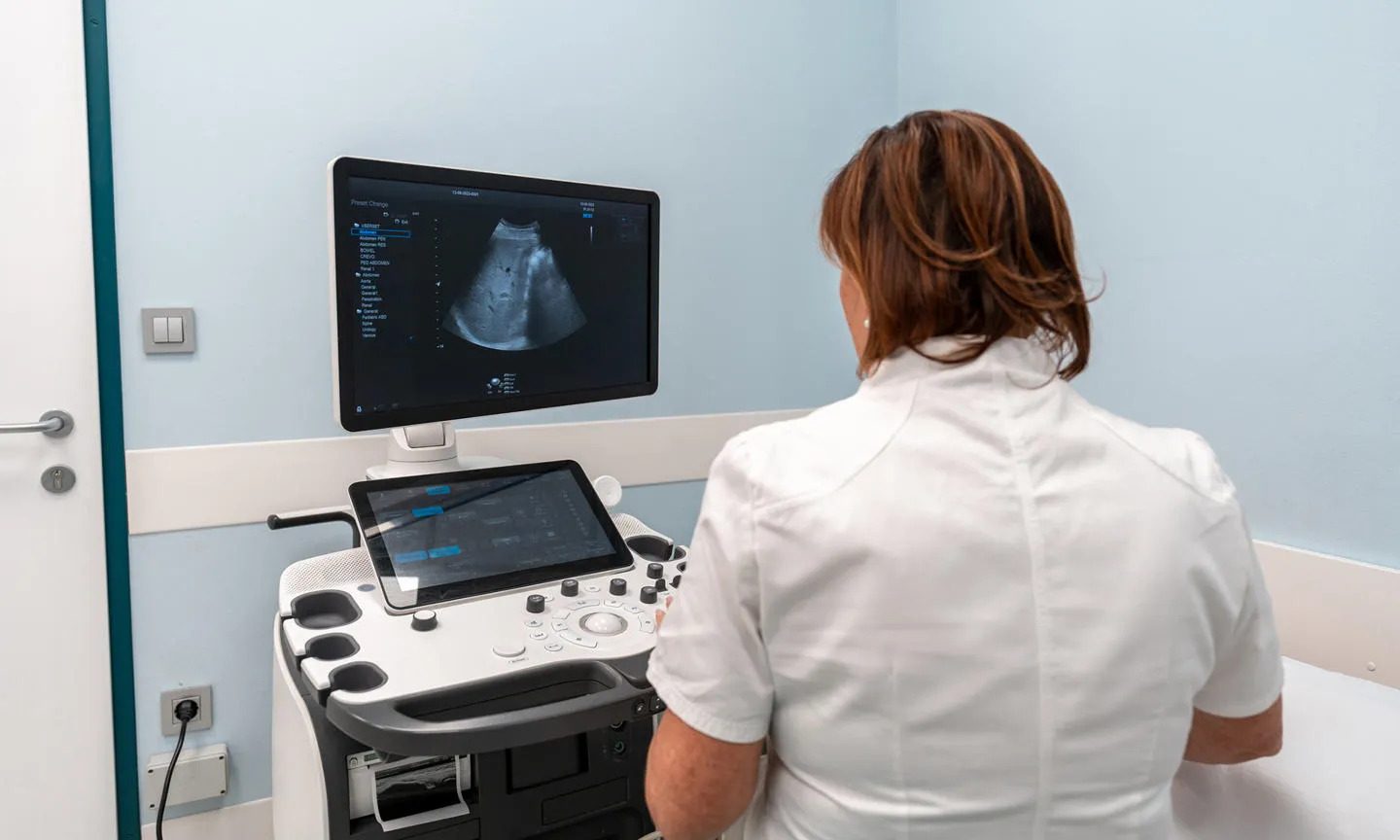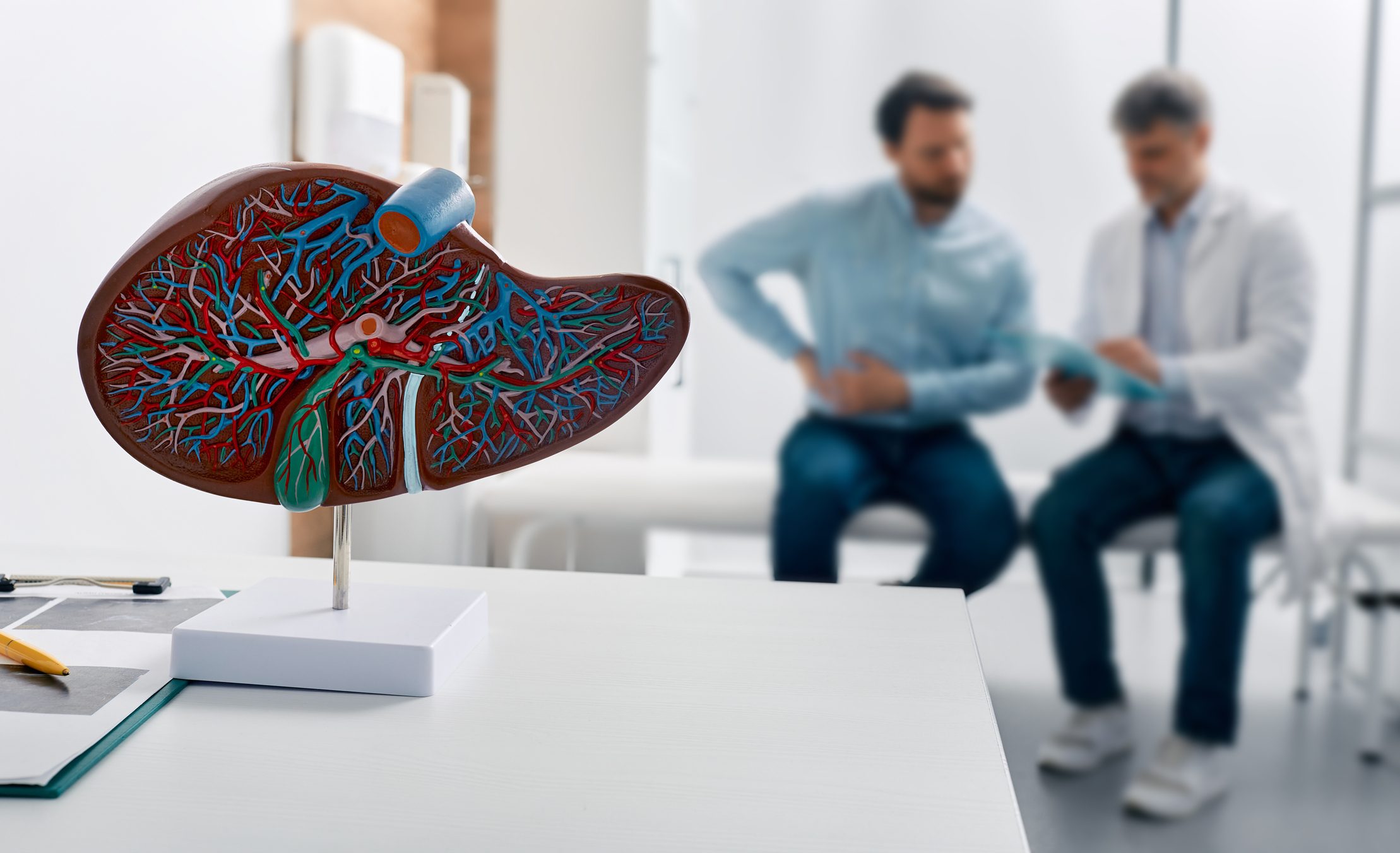Home » News and events »
Innovative organ-on-a-chip technology could shed light on cell behaviour in liver cancer

Research theme
People involved
Inflammatory Liver Disease Theme Lead
Next Generation Therapies Theme Lead
In a stride towards enhancing cancer treatment, University of Birmingham researchers are using organ-on-a-chip technology to imitate the liver’s environment and improve immunotherapy for liver cancer.
This innovative approach, detailed in an article published in Frontiers in Cell and Developmental Biology, aims to overcome the challenges faced by current immunotherapies in treating solid organ cancers, where immune cells struggle to reach and effectively target tumour cells.
“Our initial results are promising, showing that we can closely mimic the liver’s environment and track the behaviour of immune cells in real-time. We hope that this establishes a platform to test treatments that enhance the efficacy of immunotherapy for liver cancer patients.”
Professor Shishir Shetty
The study, set up in partnership with the Organ-on-a-Chip Technologies Network and co-authored by Professor Shishir Shetty, Professor Alicia El Haj and colleagues including James Kennedy and Scott Davies, was a collaboration between the Inflammatory Liver Disease and Next-Generation Therapies research themes at the NIHR Birmingham Biomedical Research Centre (BRC). It demonstrates the potential of organ-on-a-chip technology to simulate the human liver’s blood vessels, allowing for a better understanding of how immune cells navigate the blood stream and cross blood vessels to attack cancer cells.
The research team successfully grew cells from human liver blood vessels in the chip, delivered human immune cells into the chip, and confirmed their capture and adhesion by observing them with microscopes using confocal and multiphoton imaging.
Shishir Shetty, Professor in Liver Tumour Immunology at the University of Birmingham’s Institute of Immunology and Immunotherapy, Cancer Research UK Advanced Clinician Scientist and co-theme lead of the BRC’s Inflammatory Liver Disease research theme, and Honorary Consultant Hepatologist, said:
“Our initial results are promising, showing that we can closely mimic the liver’s environment and track the behaviour of immune cells in real-time. We hope that this establishes a platform to test treatments that enhance the efficacy of immunotherapy for liver cancer patients.”
Organ-on-a-chip technology represents a significant advancement in biomedical research, providing a more accurate in vitro model of human organs. By integrating microfluidic cell culture techniques, researchers can replicate the physiological responses of organ systems, offering a promising alternative to animal testing and potentially accelerating the development of new therapies.




